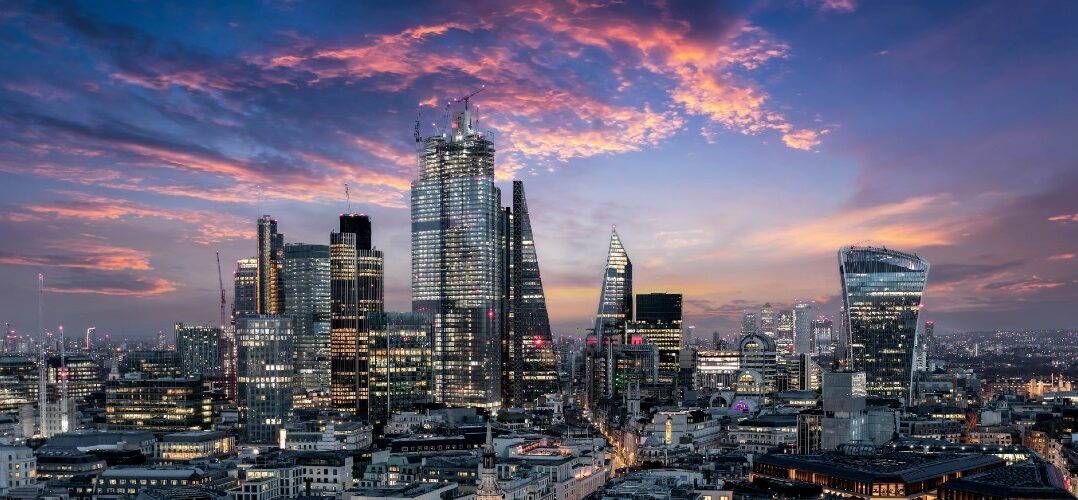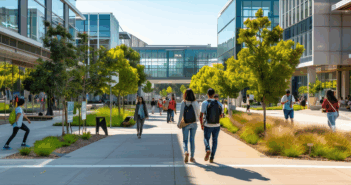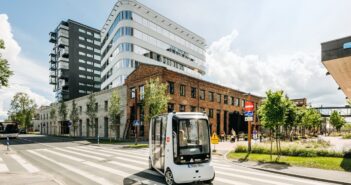Some might see it as the invisible economy, as it only happens at night. However, with the right government policies, and collaboration between stakeholders, the night-time economy brings valuable economic, social and cultural sparkle to urban areas.
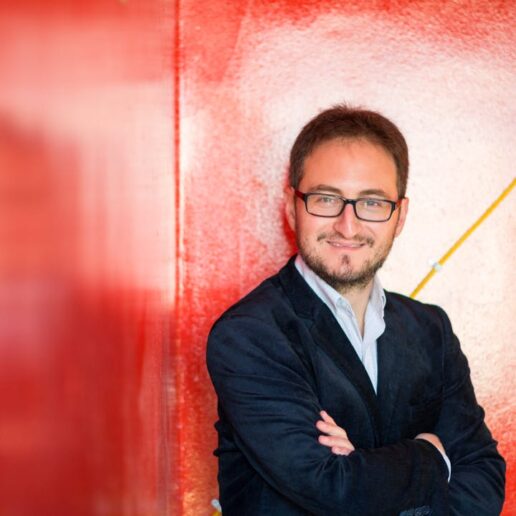
“A thriving night-time and evening economy does not mean a bar or music venue on every street corner. It’s about a regulated, planned and strategic offer that respects those who want quiet as well as those who like to go out,” says Shain Shapiro, founder & CEO of global advisory Sound Diplomacy.
“The night-time economy is about creating towns and cities for all ages, cultures, creeds and genders” – Shain Shapiro, Sound Diplomacy
In short, says Shapiro, who is also co-founder of the Music Cities Convention & Events, “the night-time economy is about creating towns and cities for all ages, cultures, creeds and genders.”
Urban benefits of a night-time economy
Music, clubs and theatres; 24-hour gyms, late-opening book stores and shisha bars – the night-time economy encompasses many activities.
Collaboration is the cornerstone of a night-time economy for the benefit of all. It is about getting together all stakeholders: residents, community groups, public authorities, private operators, tourism organisations, as well as those who plan, design, build, manage and invest in cities. Then, the night-time economy can:
- Add vibrancy and a sense of uniqueness to a location.
- Create social cohesion and inclusion.
- Nurture the artistic and creative industries.
- Bring wealth to local economies.
- Develop the tourism and cultural offer.
- Provide essential services and transport for night-time workers.
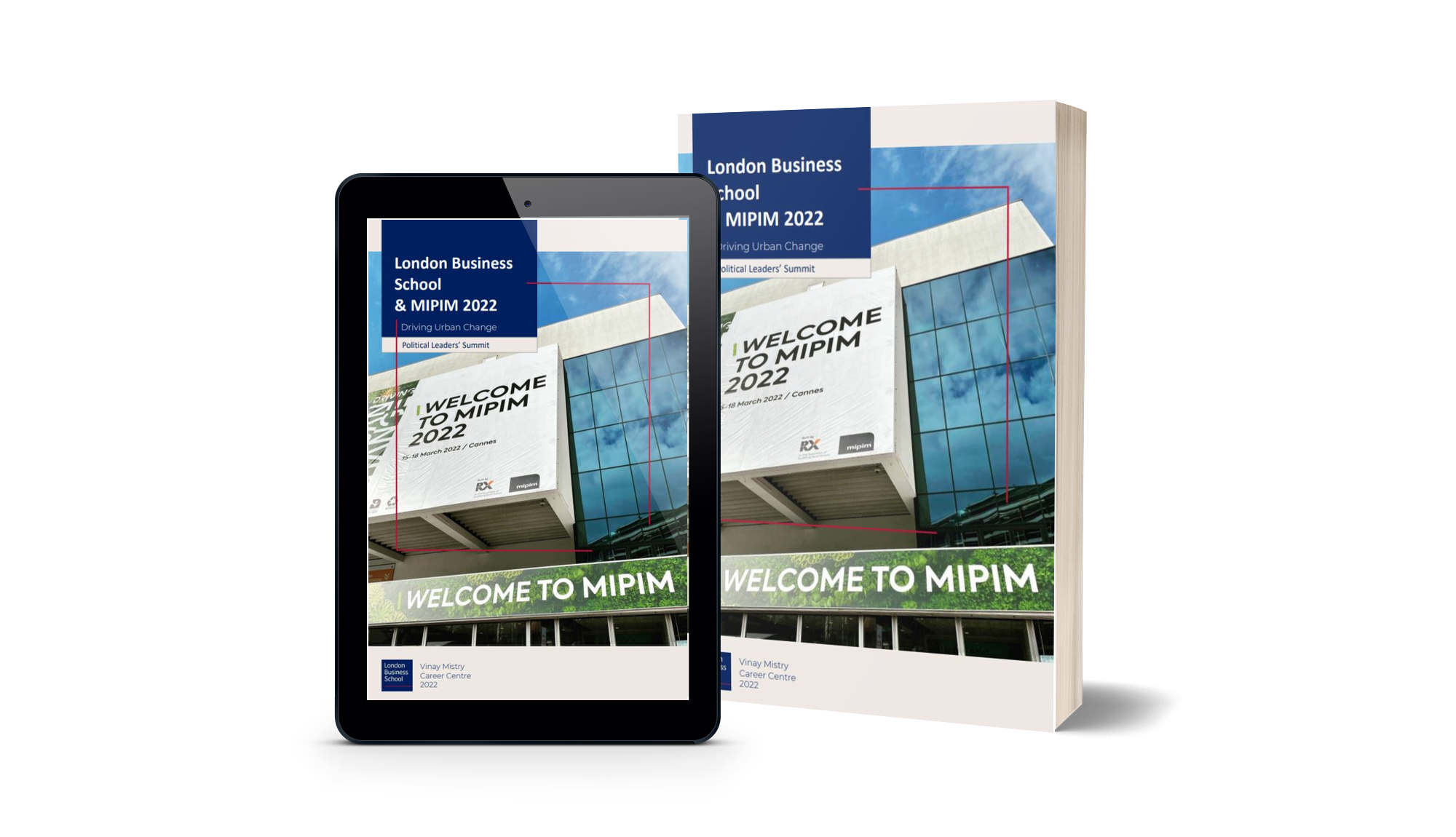
Logistics Afternoon Report
Recognising the cultural value of the night-time sector
As cities around the world begin to open out from lockdown, the predictions of how many night-time venues will remain shuttered if government support is not forthcoming make for grim reading.
Cities may value the money and jobs generated by their night-time economies, but not always their cultural value, is the message from those in the industry. Too often, music for example, is seen as entertainment rather than culture, apart from in more progressive cities such as Berlin.
Closures of small venues in London, for example, have been happening for years, as venues are pushed over and out like dominoes, by skyrocketing rents and a dearth of government policies to support them. The outcome is a fragmented scene spread out across the city, even though a few new venues have opened, including the 6,000-capacity Printworks in South London.
Pre-Covid, the night-time sector was delivering millions if not billions of dollars, pounds and euros to city economies.
- For New York City, the night-time economy brings in US$35.1bn a year, and has created 300,000 jobs.
- In London, the night-time economy accounts for 723,000 jobs, with a pre-Covid forecast of an additional 66,000 positions by 2026.
- The Sydney night-time economy could grow by 60% to AU$43bn (€26bn) if the city “nurtured and supported night-time infrastructure and activities more effectively”, says Deloitte Access Economics.
The city night scene as lockdowns ease
While lockdown slowly starts to ease, representatives of night-time economies around the world have been regrouping digitally to share how to reopen and to reimagine the role of night-time economies in urban living.
“It is about looking at real estate as a platform, with the need to create the content” – Shain Shapiro
Where some people see closures, others see opportunities: the opportunity to add ‘content’ to the built environment. “It is about looking at real estate as a platform, with the need to create the content, rather than looking at real estate as an asset,” says Shapiro. That is what makes cities resilient.
The big question asked by Shapiro, and by many of those working in the night-time economies around the world, is: “Are governments going to invest at a level that ensures that the night-time economy – music, and culture in general – have a larger pride of place in communities?”
“We’ve seen in lockdown the value of music and night-life culture” –Shain Shapiro
“We’ve seen in lockdown the value of music and night-life culture, whether through United We Stream [which streams live music from 66 cities around the world in support of club culture], Zoom choirs or people singing from their balconies,” says Shapiro.
How to grow a healthy night-time economy
To create better cities, and as part of national and local policy on the night-time economy, Shapiro recommends:
- “Understand the community in which you are working and provide amenities that are genuinely needed – this is how you will create value.”
- Perceptions need to change – “The night is perceived as a negative space where crime and conflict are exacerbated. As a result, cities and places are planned for the daytime, but licensed and restricted at night.”
- Involve all city departments — planning and housing, regeneration and development, tourism and culture, environmental health, police and the health service. “Most importantly, include all citizens, residents and businesses. Those that wish to reduce activities between 6pm and 6am are equally important.”
- When it comes to the UK licensing laws, Shapiro says that the country needs a ‘fifth’ pillar – “All four existing pillars are about stopping ‘bad things’ from happening”.
- Devolve more national power to regions and cities – “More local power allows for better local decisions”.
Shapiro is currently working on two projects in north London. One is the redevelopment of the Standard Music Venue in Walthamstow, which closed in 2011, as a co-living scheme with a music venue in the basement.
“You can mix residential and the night-time and evening economy; you just have to do it in a considered way” – Shapiro
“You can mix residential and the night-time and evening economy; you just have to do it in a considered way,” he says. He also sees opportunity in putting independent, local culture back into town centres where retail units are closing.
You may be interested in the Sound Diplomacy guides: ‘Managing Your Night Time Economy’ and ‘Music Cities Resilience Handbook’, which promotes the hashtag #bettermusiccities.
Using data to measure creative value
Across the Channel, in Amsterdam and Berlin, Mirik Milan and Lutz Leichsenring, the two co-founders of VibeLab, an organisation specialising in advising on the night-time economy, have set up the Creative Footprint (CFP), a socio-cultural initiative that maps and indexes creative space to measure the impact of nightlife and cultural activity on cities.
“The Creative Footprint is the carbon footprint for creativity,” says Milan, who used to be the night mayor for Amsterdam. “If you chop down trees, you have to plant them somewhere else. This is the same idea, adapted for the creative scene.”
“I don’t want to wake up in a city based on a monoculture with big shopping malls and classy apartments but with no cultural offer” – Mirik Milan, VibeLab
“I don’t want to wake up in a city based on a monoculture with big shopping malls and classy apartments but with no cultural offer,” said Milan. “The night-time economy is something we need to protect, and we need to protect it together.”
Cities mapped by CFP include Berlin, New York and Tokyo. Data is collected and then the city given a ranking and recommendations highlighted. Berlin received a score of 8.02 out of 10, New York 7.29 and Tokyo 6.51. In each city, around 500 venues were mapped together with how they linked into surrounding neighbourhoods.
Last year, Milan co-wrote together with Andreina Seijas, Harvard University teaching fellow & research fellow, and doctoral candidate in nocturnal governance, the research paper, Governing the night-time city: the rise of night mayors as a new form of governance after dark.
As part of the paper, Milan and Seijas surveyed more than 40 city night mayors around the world. They found that in Europe, night mayors tended to be independent representatives or the heads of a non-governmental office, while in the Americas, they were part of a government office or department, like in New York and Washington DC, where they have created Offices of Nightlife.
“The night-time economy is something we need to protect, and we need to protect it together” – Mirik Milan
We are social animals, and we like to gather. The night-time economy provides places for people to connect and innovate. Regarding where the fallout from Covid-19 will take us, Yascha Mounk, associate professor at John Hopkins University, writes in The Atlantic:
“No one can say how long the acute phase of this pandemic will last. But what is virtually certain is that its impact on the extent of human sociability will prove to be temporary. Five or 10 years from now, there will be about as many mass gatherings as there were before the coronavirus. Because we’re human.” Let’s hope so.
You may also be interested in ‘This crisis proves music and culture plays a larger role in real estate’, written by Shain Shapiro for MIPIM World Blog.
Top Image: Getty Images – SHansche
